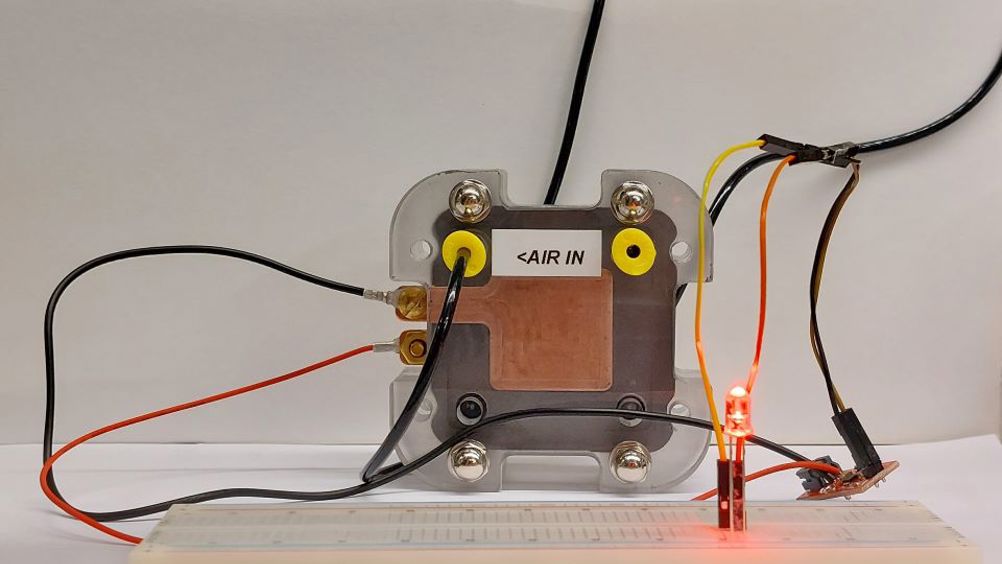Protein in chicken feathers repurposed for fuel cell membrane
Scientists have extracted a protein from chicken feathers to make a membrane that could be used in fuel cells.

The researchers from Nanyang Technological University, Singapore (NTU Singapore) and ETH Zurich, Switzerland created a thin membrane capable of conducting protons by extracting the protein keratin from chicken feathers, then processing it into ultra-fine amyloid fibrils. The membrane could also have potential application in electrolysis, the team said.
The researchers, led by Professor Ali Miserez from NTU’s School of Material Science and Engineering and School of Biological Sciences, and NTU Visiting Professor Raffaele Mezzenga, said their membrane reduces carbon emissions from the burning of unwanted chicken feathers and is produced sustainably. The team’s research is detailed in ACS Applied Materials & Interfaces.
In a statement, Professor Ali Miserez said: “The poultry industry generates millions of tons of unwanted chicken feather waste, which is burnt off in disposal, releasing large amounts of carbon dioxide and toxic gases such as sulphur dioxide. Our membrane reduces such emissions by repurposing the feathers into further green applications in fuel cells. The membrane not only has a negative carbon footprint from its production, but can operate without further carbon dioxide emissions when used in a fuel cell.”
Register now to continue reading
Thanks for visiting The Engineer. You’ve now reached your monthly limit of news stories. Register for free to unlock unlimited access to all of our news coverage, as well as premium content including opinion, in-depth features and special reports.
Benefits of registering
-
In-depth insights and coverage of key emerging trends
-
Unrestricted access to special reports throughout the year
-
Daily technology news delivered straight to your inbox










Water Sector Talent Exodus Could Cripple The Sector
Maybe if things are essential for the running of a country and we want to pay a fair price we should be running these utilities on a not for profit...